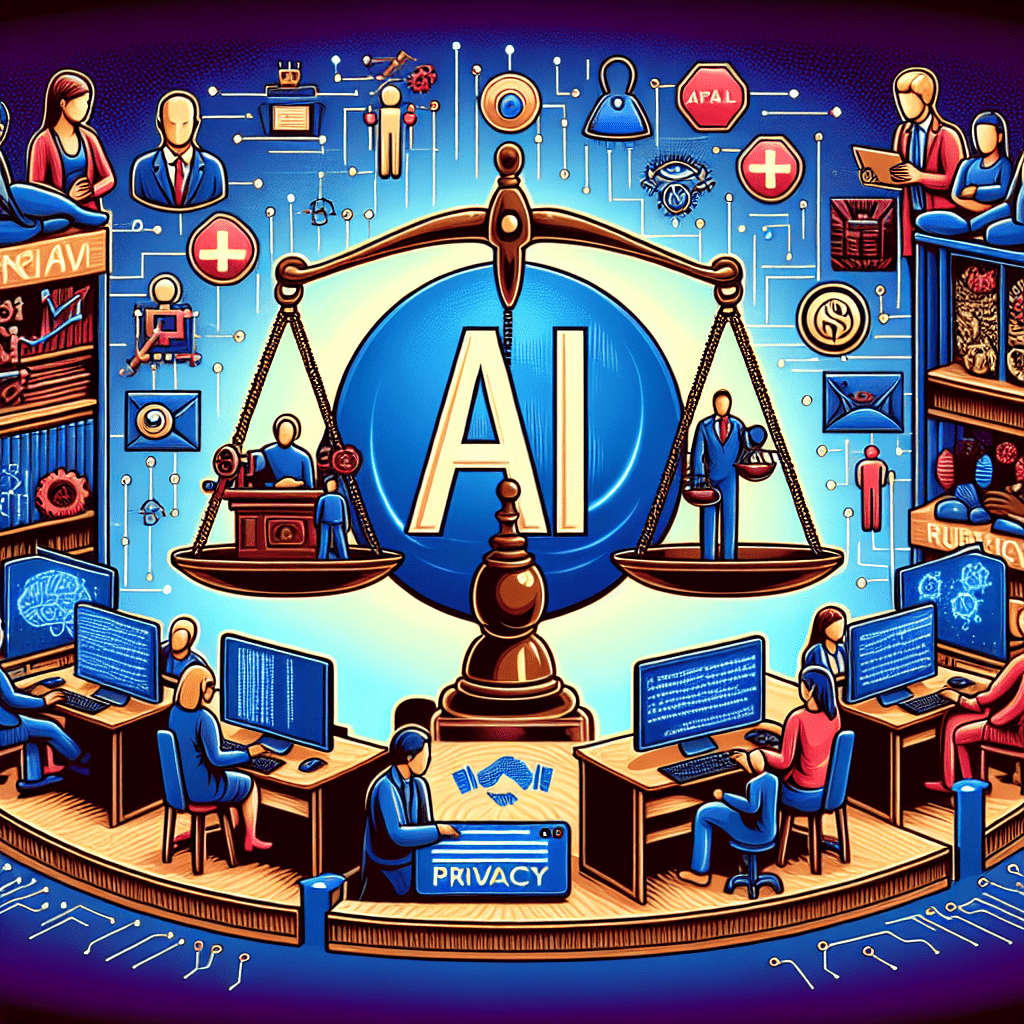Artificial Intelligence (AI) has become an integral part of our daily lives, from guiding autonomous vehicles to recommending personalized content on social media platforms. While AI has the potential to revolutionize industries and improve efficiency, it also raises serious ethical concerns regarding bias and privacy. In this article, we will explore these issues and discuss strategies to address them.
Understanding Bias in AI Software
AI systems are designed to analyze large amounts of data and make decisions or predictions based on patterns observed in the data. However, these systems can unintentionally replicate or even amplify existing biases present in the data. For example, if a facial recognition system is trained on a dataset that primarily consists of images of Caucasian individuals, it may struggle to accurately identify individuals of other racial groups.
To address bias in AI software, developers must take proactive measures to ensure that their datasets are diverse and representative of the population they are targeting. This may involve collecting data from a wide range of sources and employing strategies such as data augmentation and bias correction algorithms.
Protecting Privacy in AI Software
AI systems often rely on vast amounts of personal data to make accurate predictions or recommendations. While this data can be invaluable for improving the performance of AI algorithms, it also raises concerns about privacy and data security. Individuals may be uncomfortable with the idea of their personal information being used to train AI systems without their consent.
To address privacy concerns in AI software, developers should prioritize transparency and user control. They should clearly communicate how personal data will be used and give users the option to opt out of data collection or request the deletion of their data. Additionally, developers should implement robust security measures to protect user data from unauthorized access or misuse.
Conclusion
As AI technologies continue to advance, it is essential that developers and policymakers prioritize ethics and accountability. By proactively addressing bias and privacy concerns in AI software, we can ensure that these powerful technologies are used responsibly and ethically. With careful consideration and thoughtful design, we can harness the potential of AI to create a more equitable and privacy-respecting future.
Frequently Asked Questions
Q: How can developers identify and mitigate bias in AI software?
A: Developers can identify bias by thoroughly analyzing their datasets for any discrepancies or underrepresented groups. Mitigation strategies may include diversifying training data, using bias-correction algorithms, and conducting regular audits.
Q: What steps can users take to protect their privacy when using AI-powered applications?
A: Users should carefully review privacy policies and settings when using AI-powered applications to understand how their data will be used. They should also consider opting out of data collection or using privacy-enhancing tools to minimize their digital footprint.
Quotes
“Ethics must be an integral part of the development process for AI technologies. By prioritizing transparency and accountability, we can build trust with users and ensure that AI is used responsibly.” – Dr. Sarah Jones, AI Ethics Researcher
#Navigating #Ethics #Software #Addressing #Bias #Privacy #Concerns


